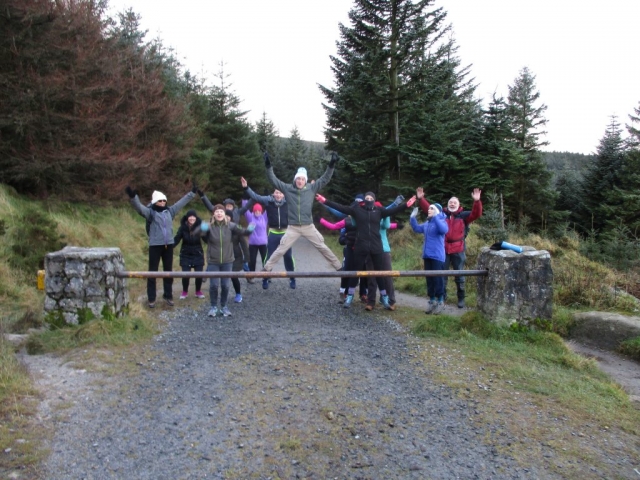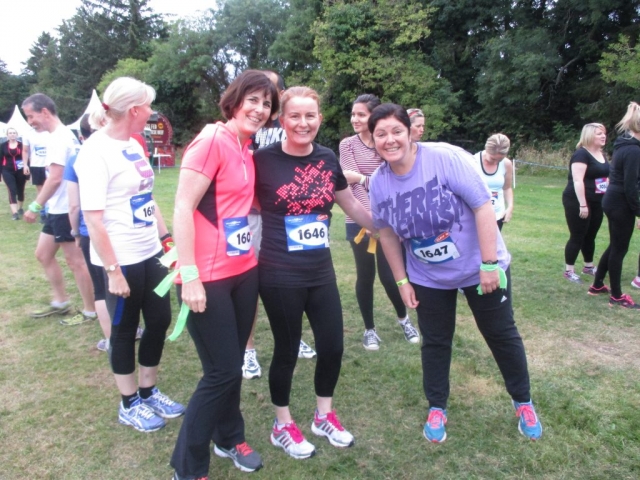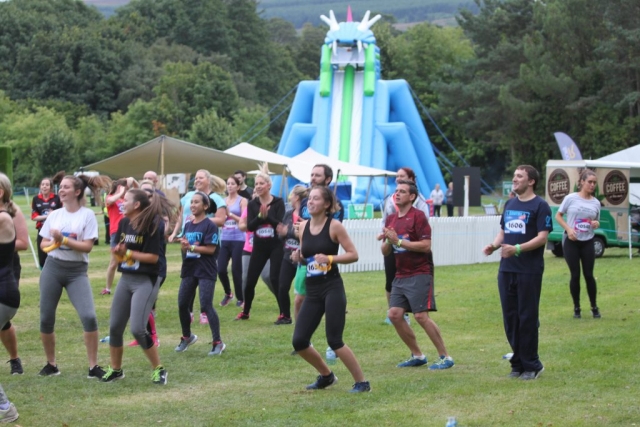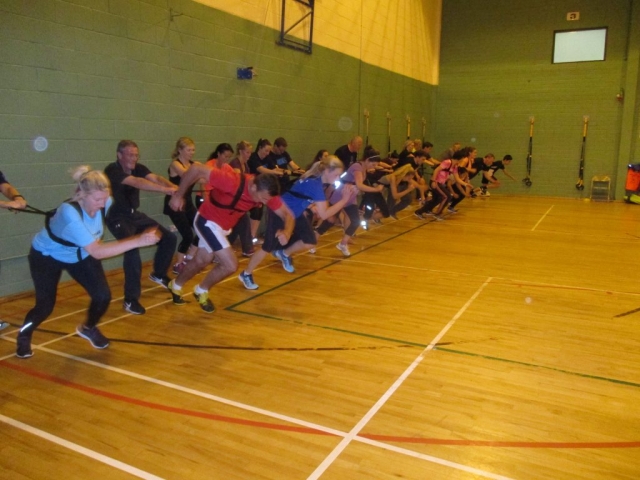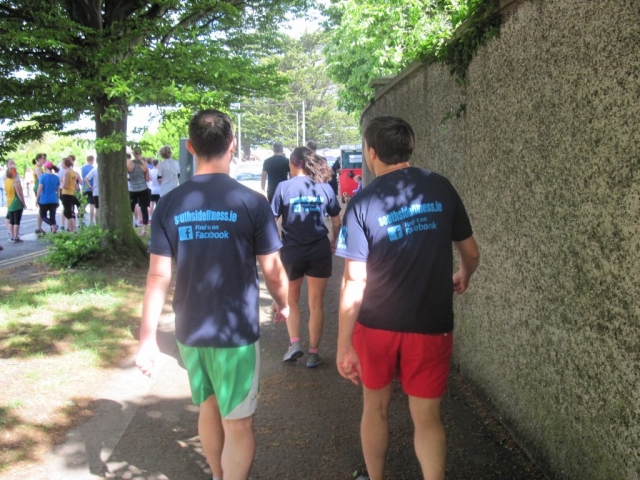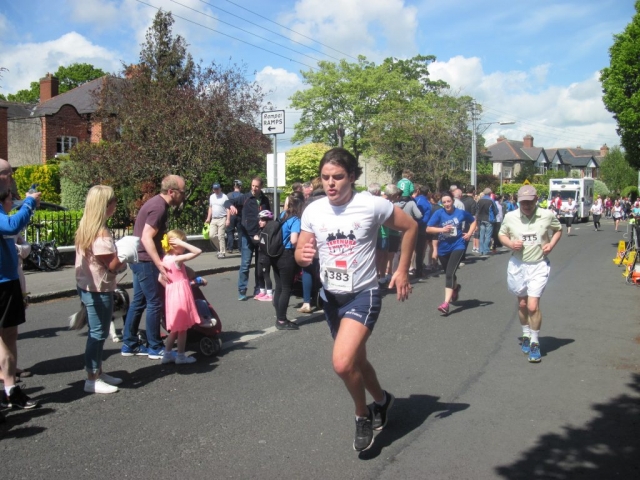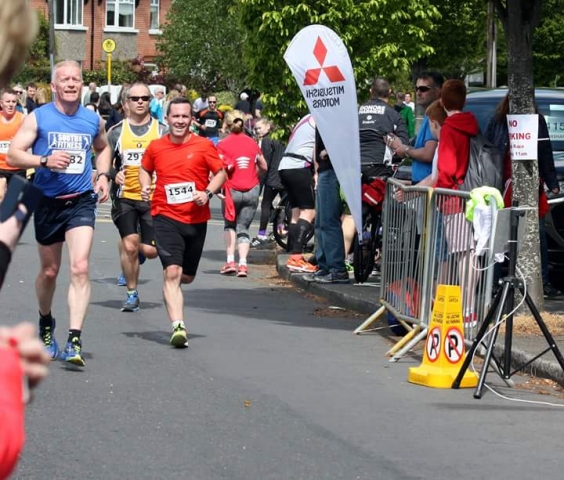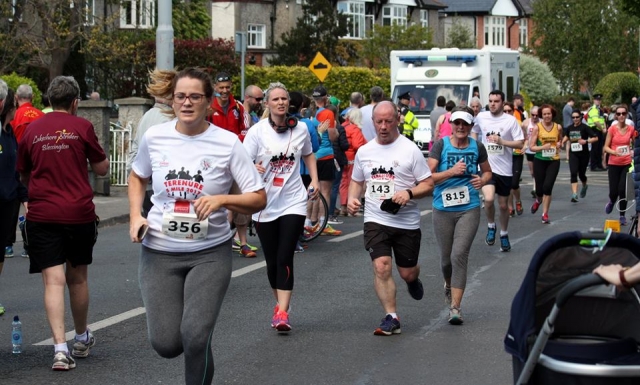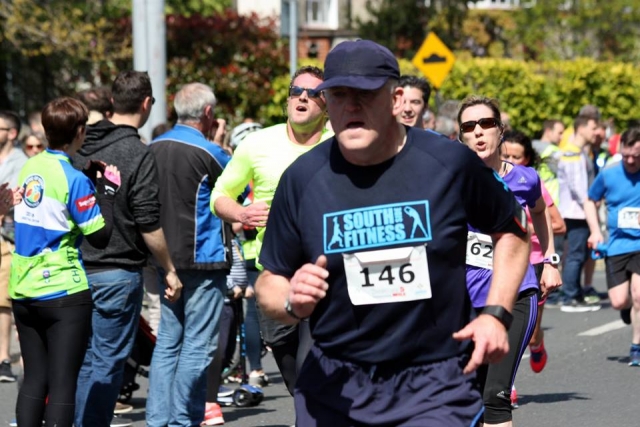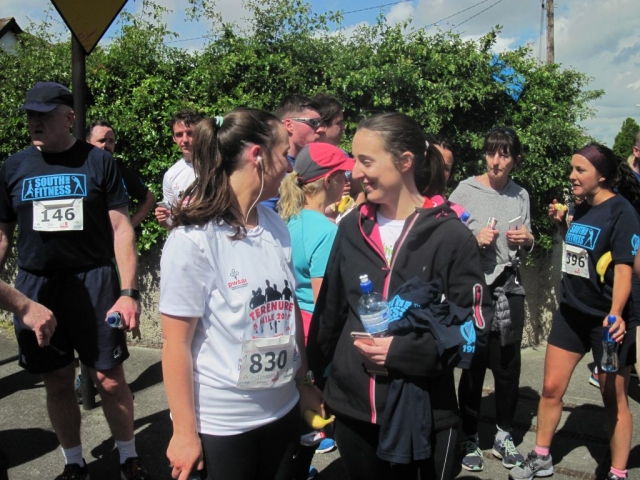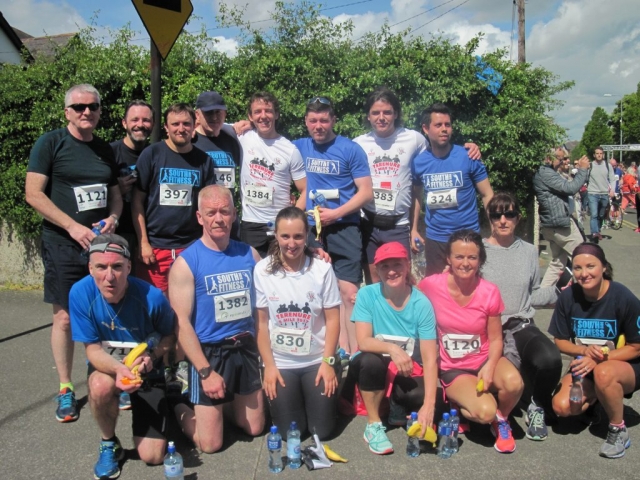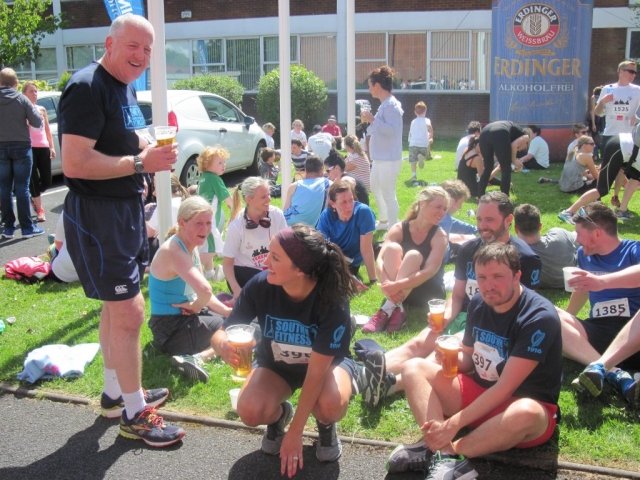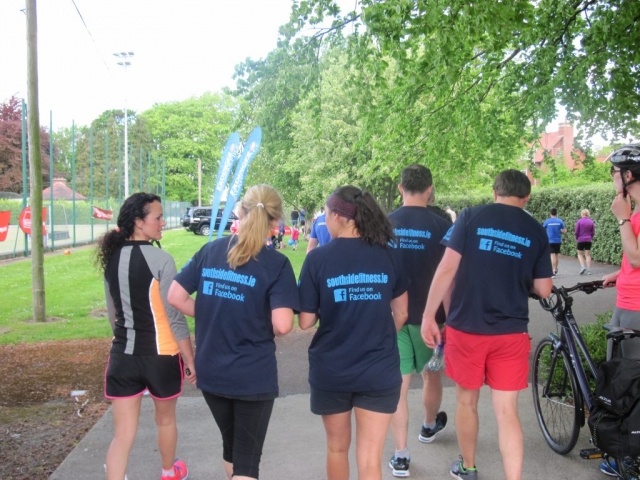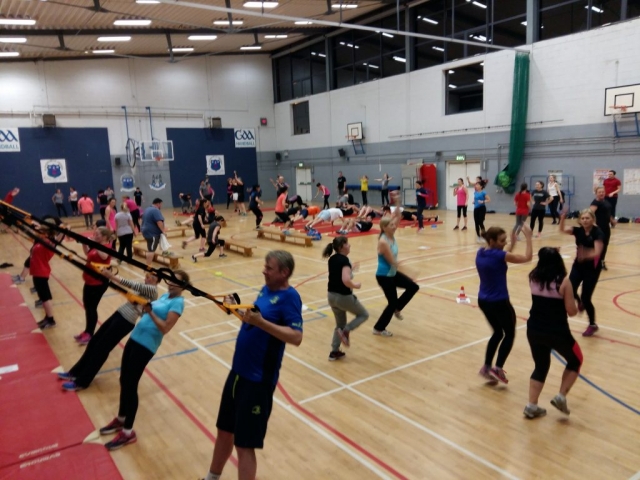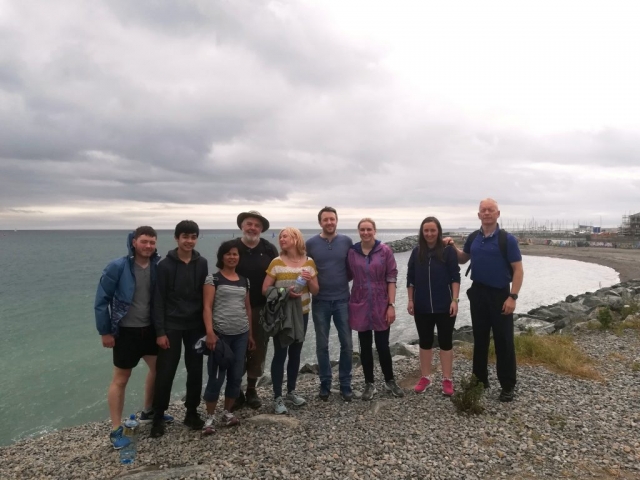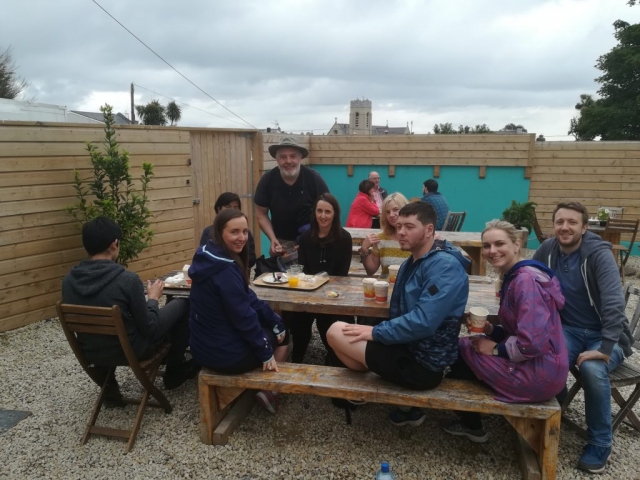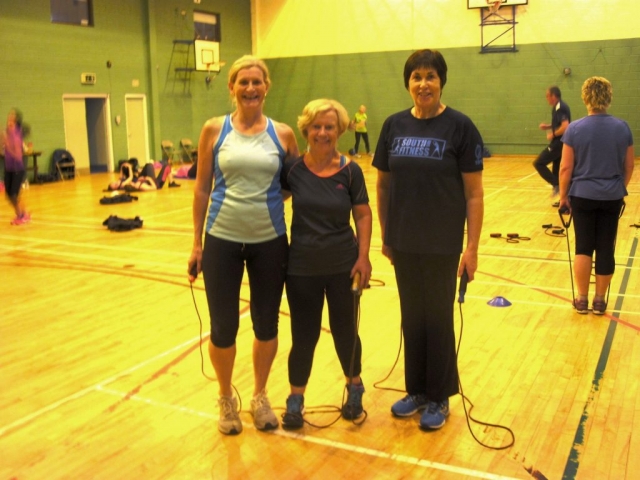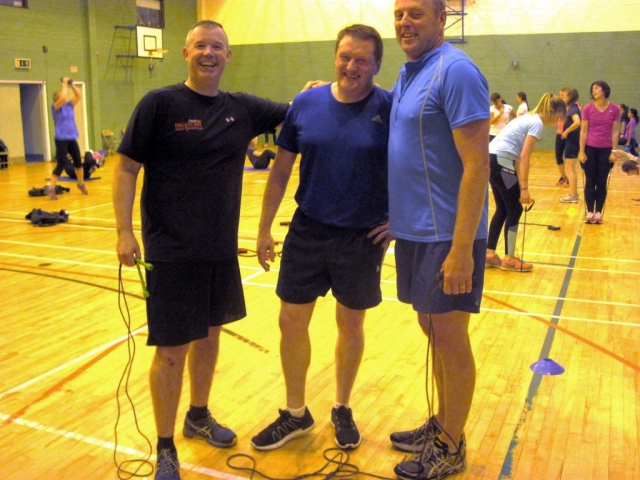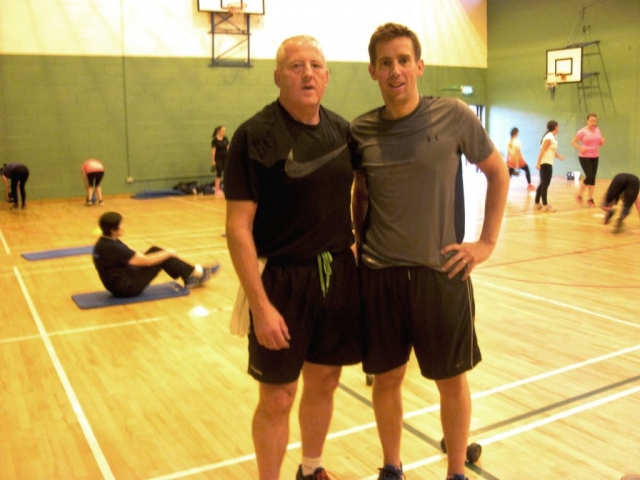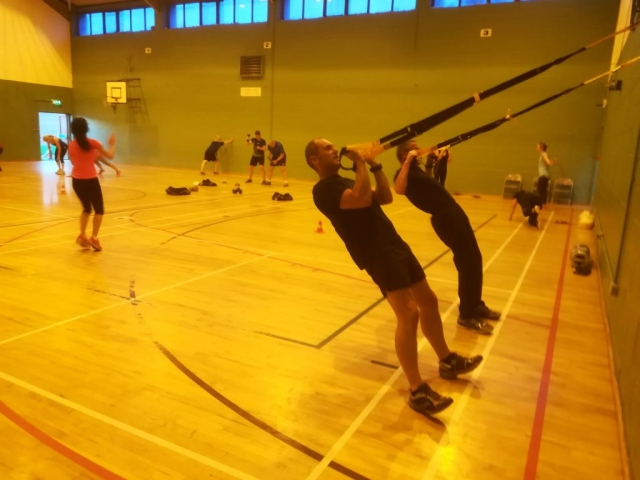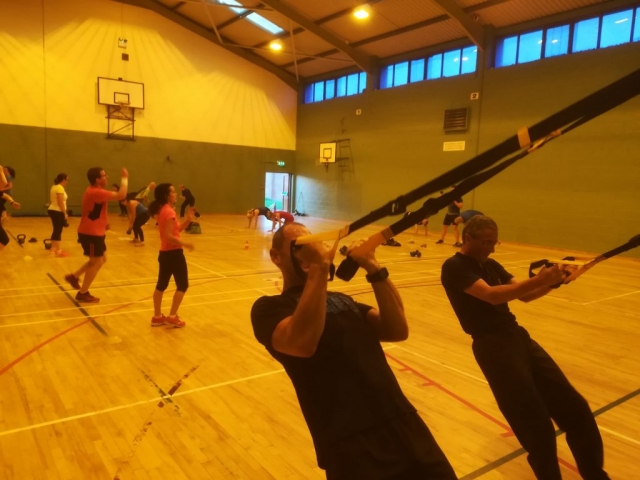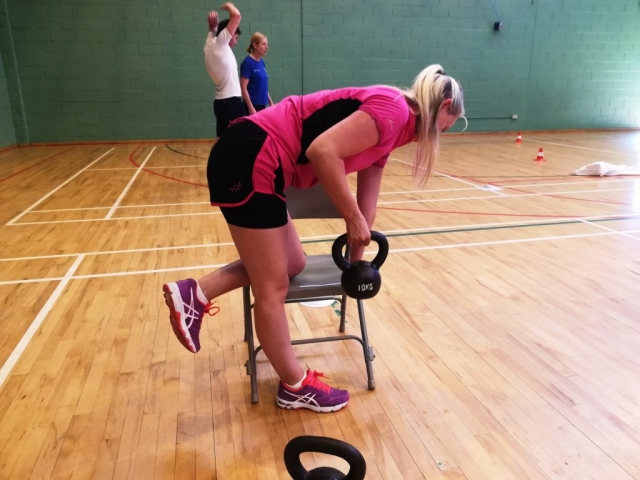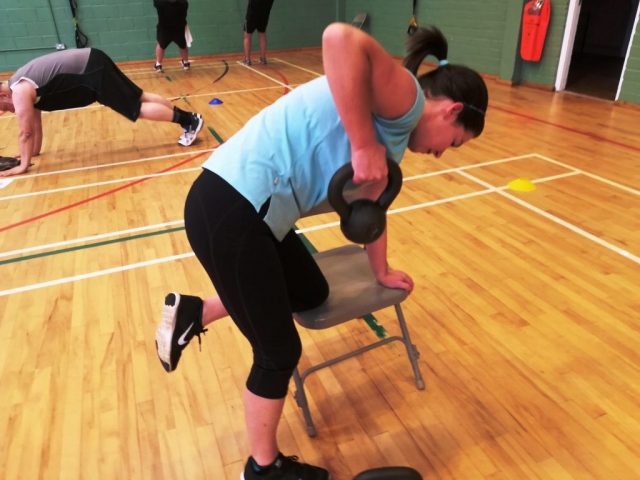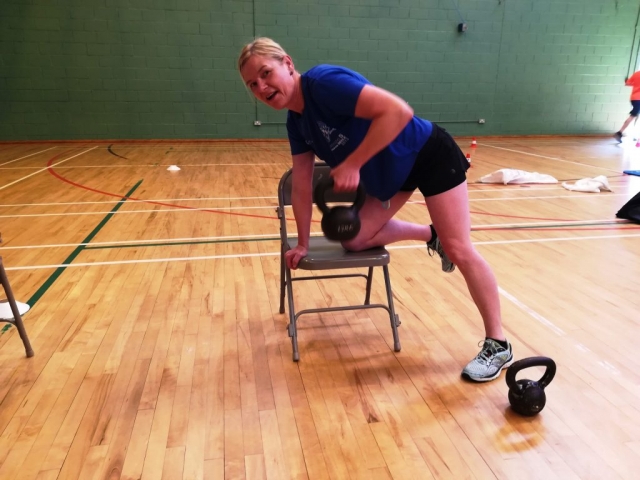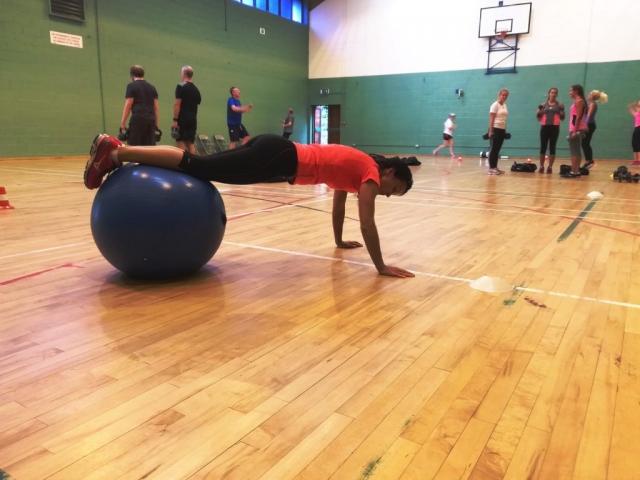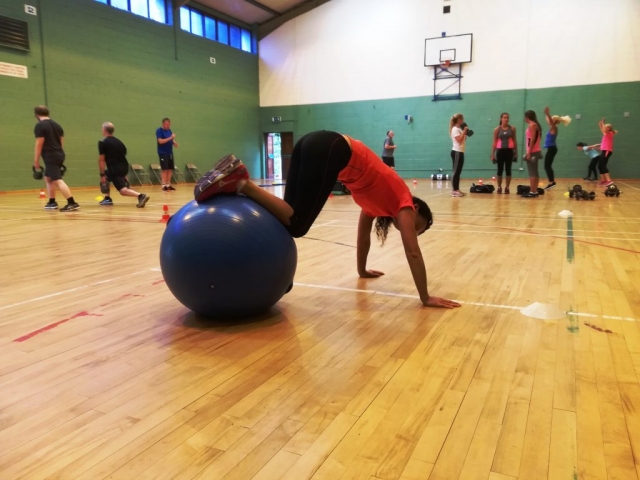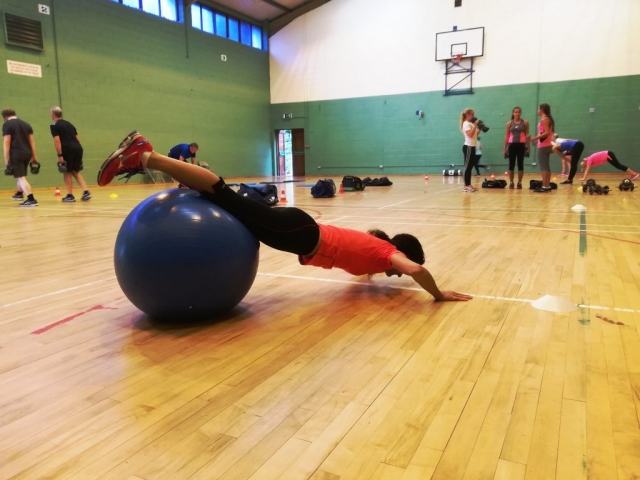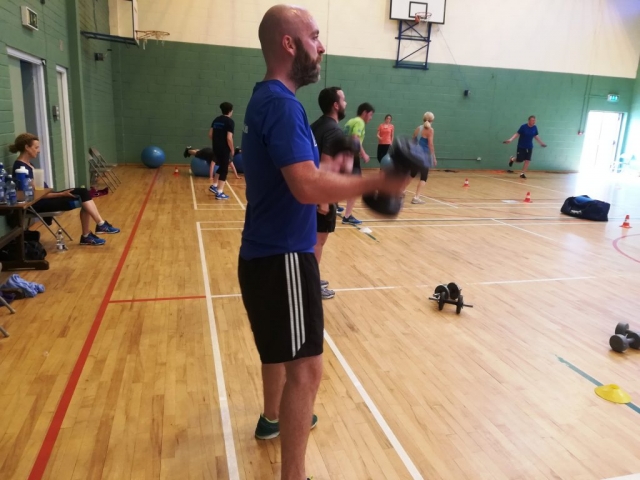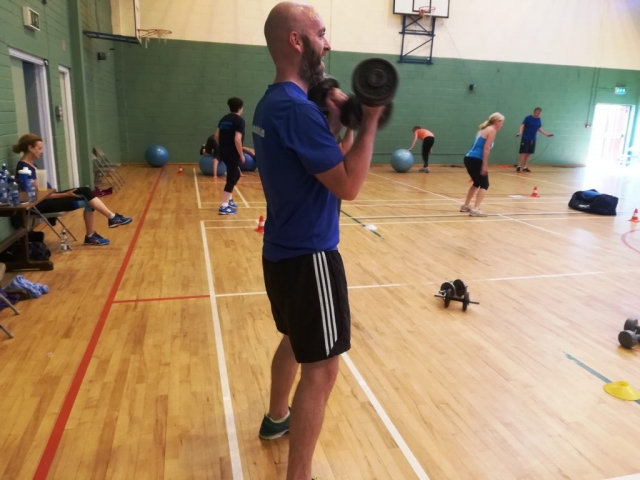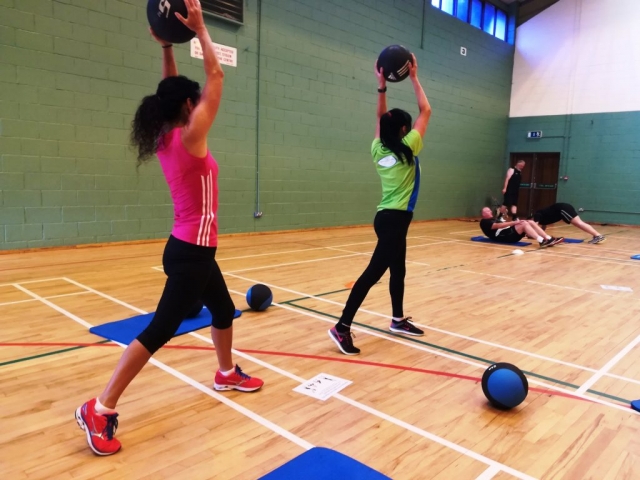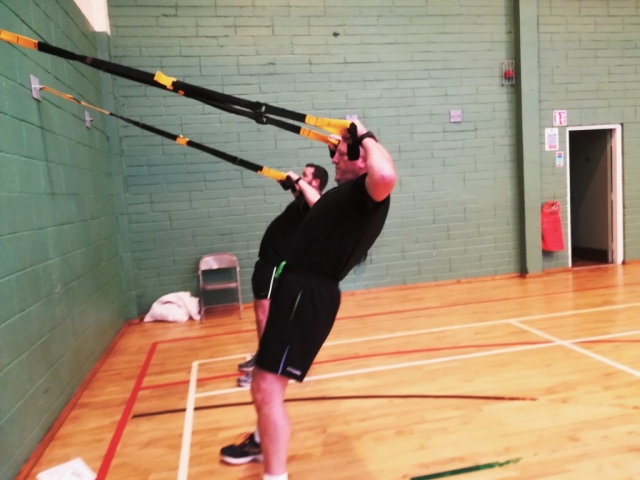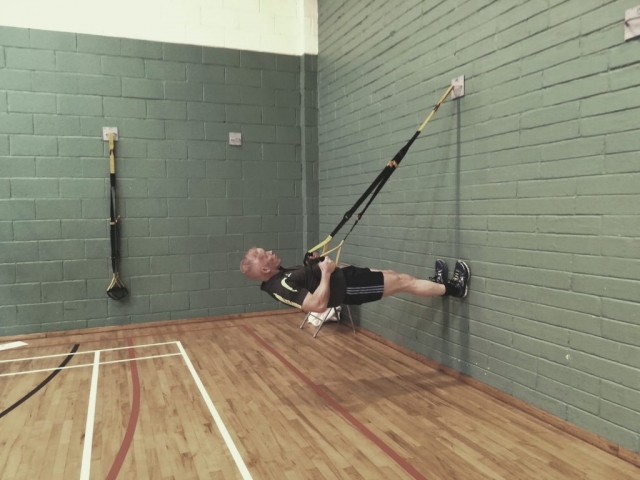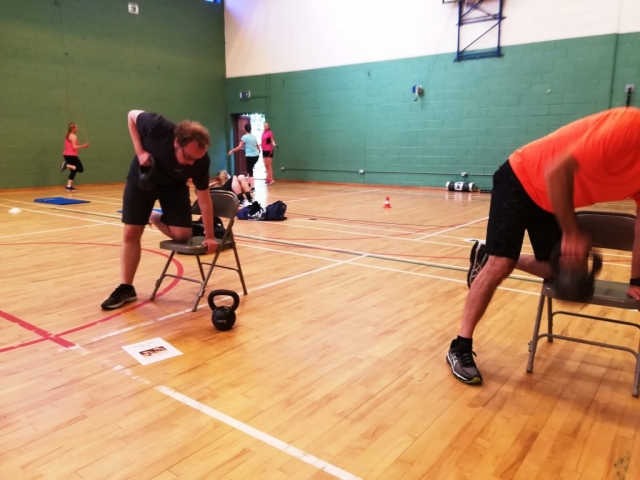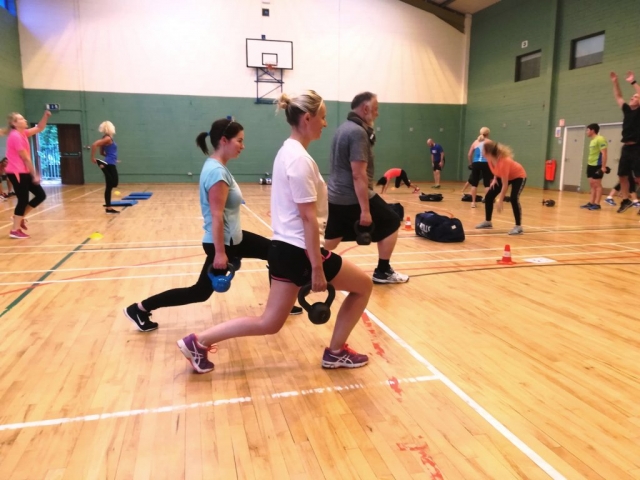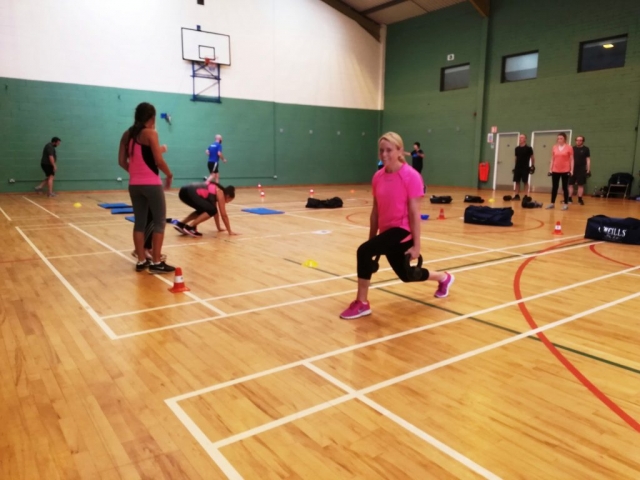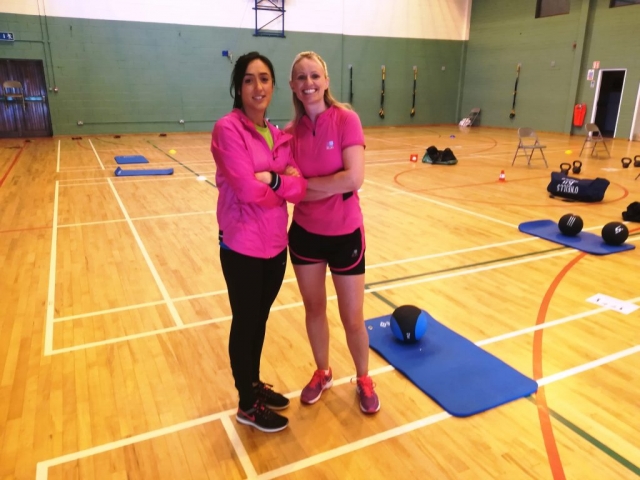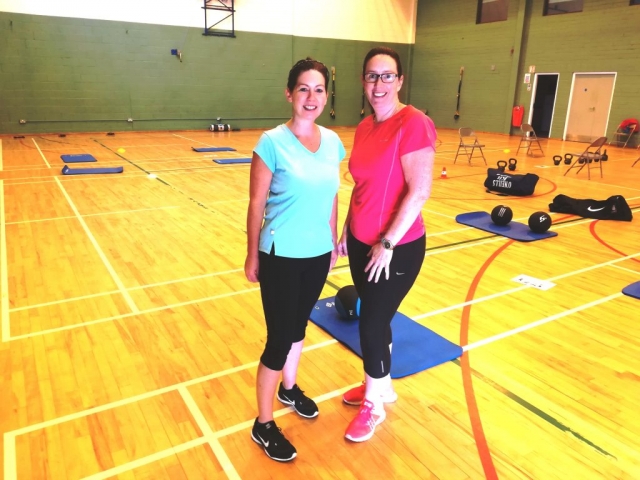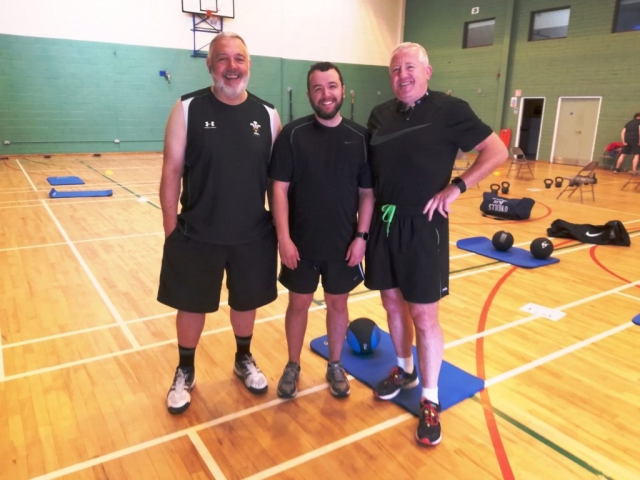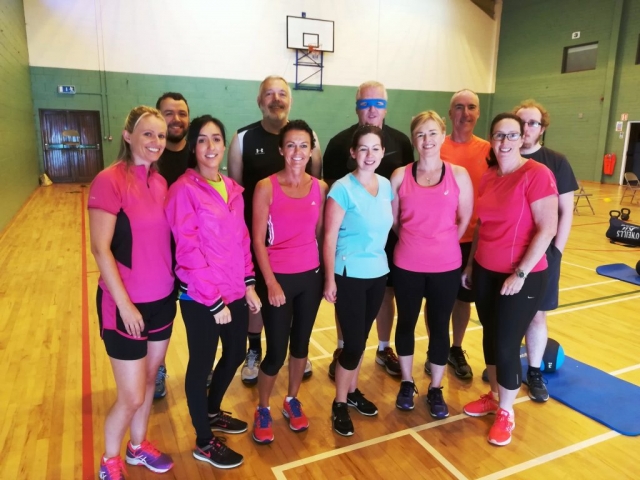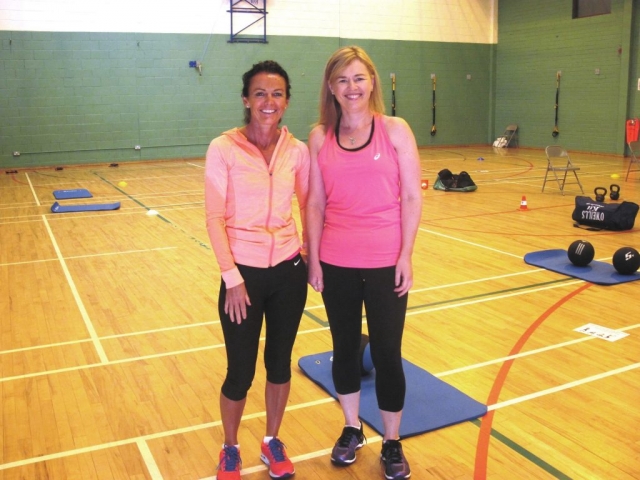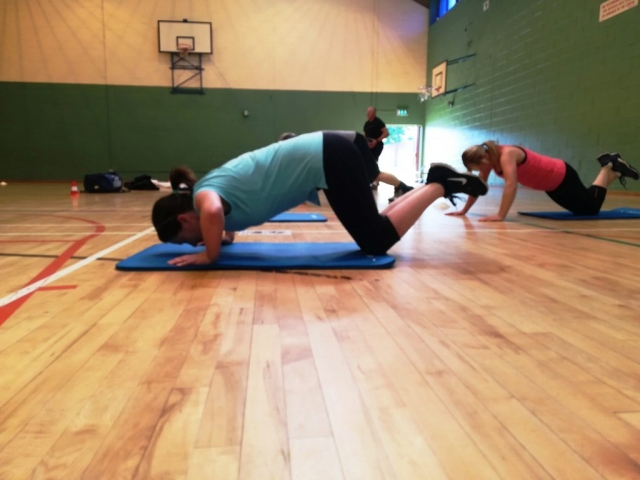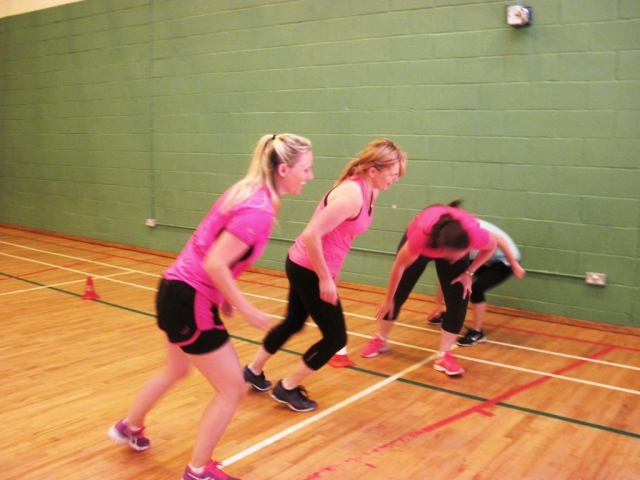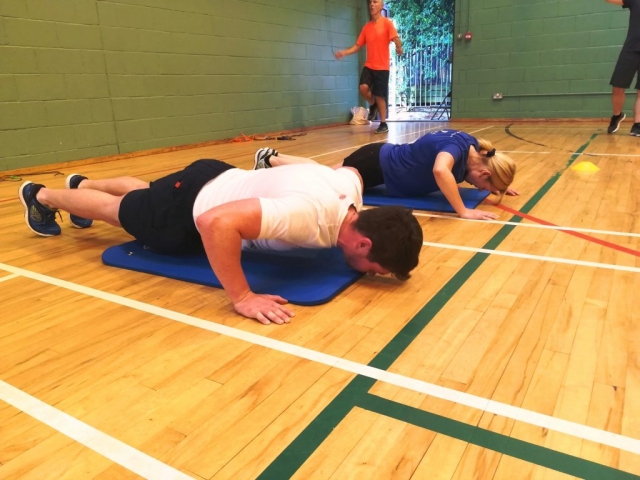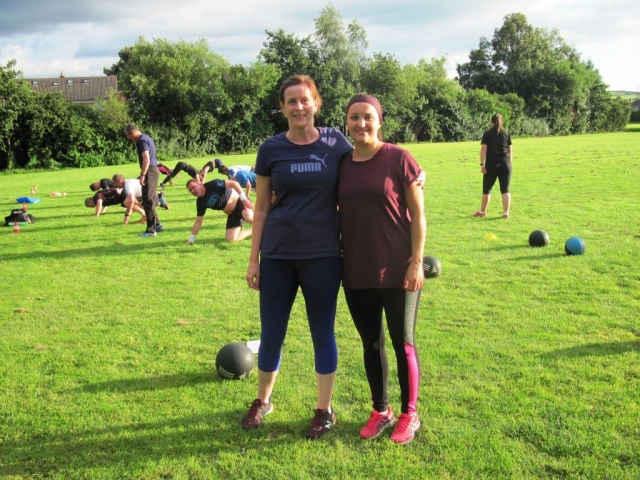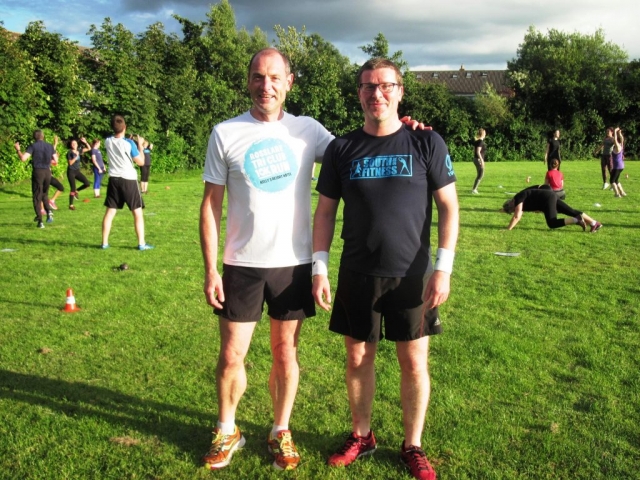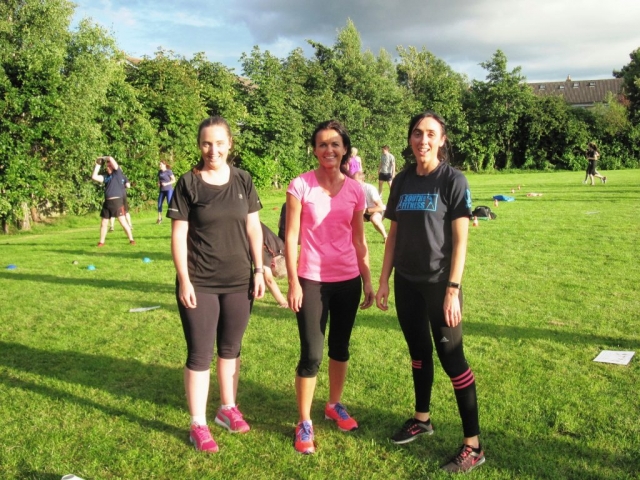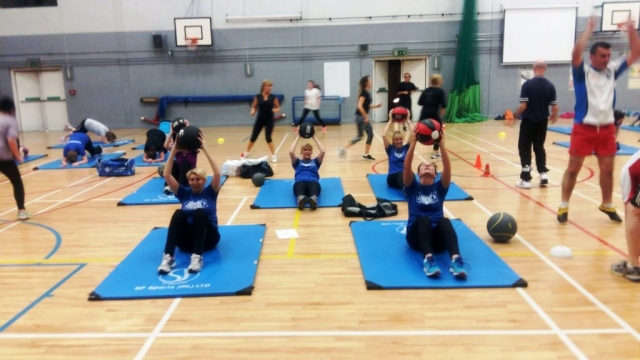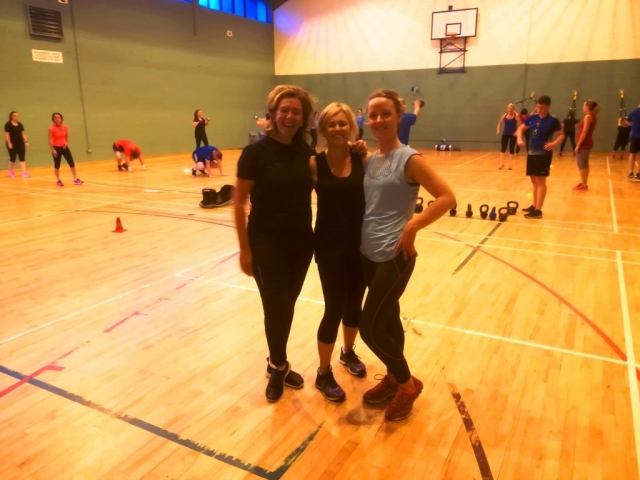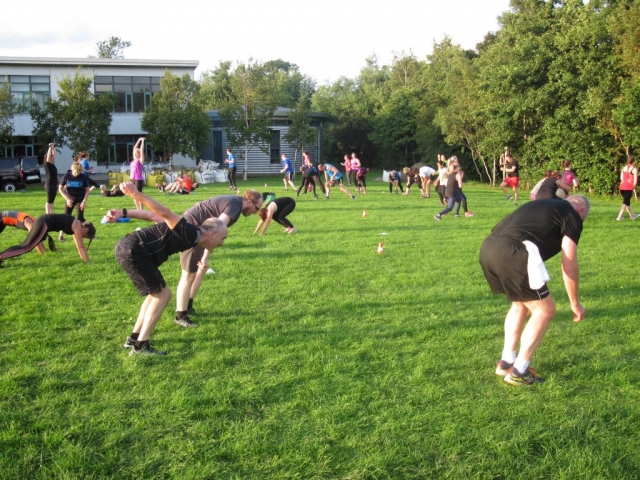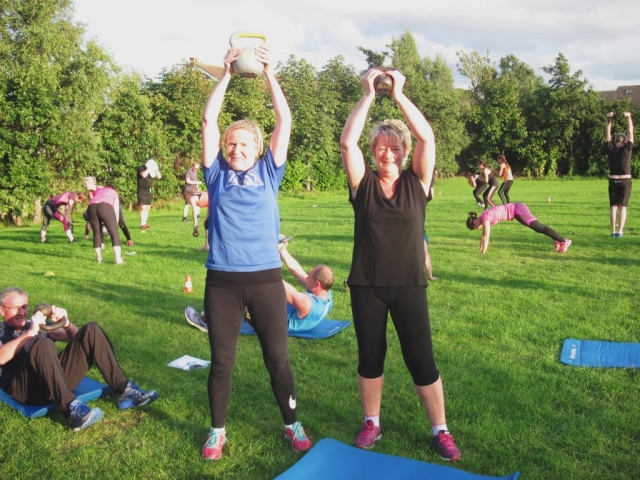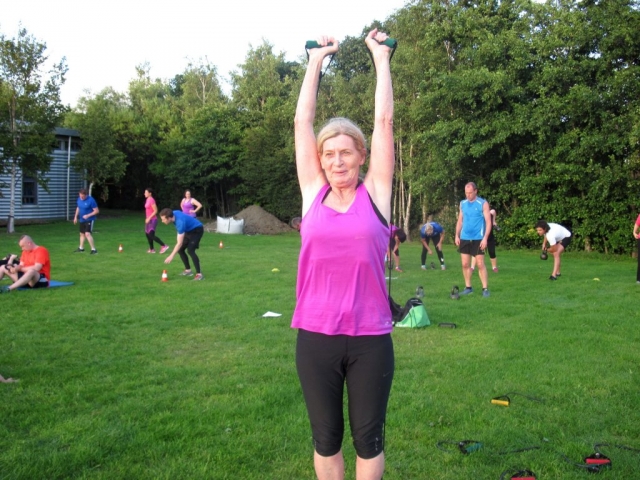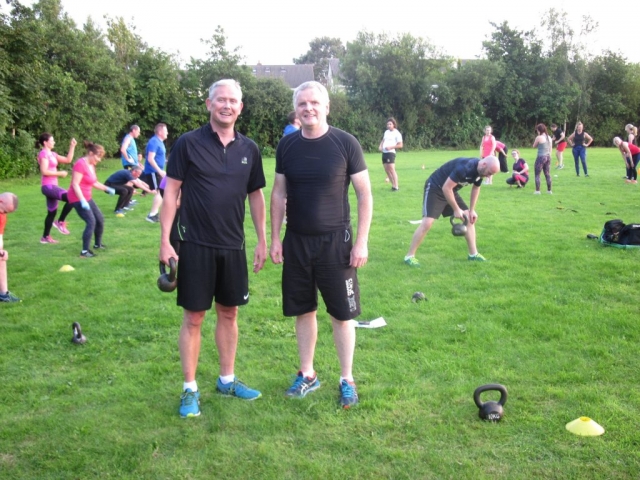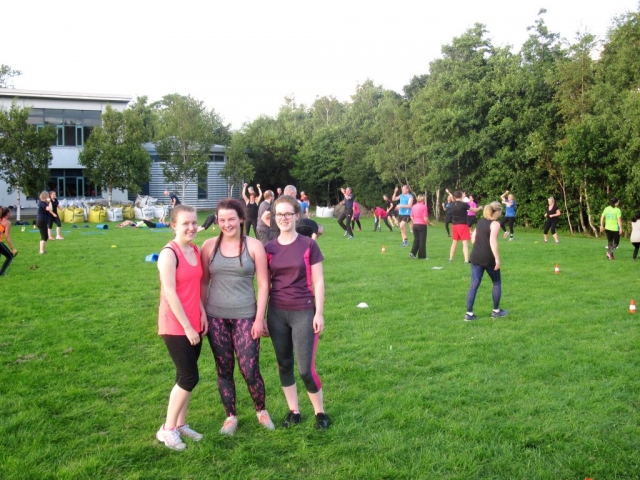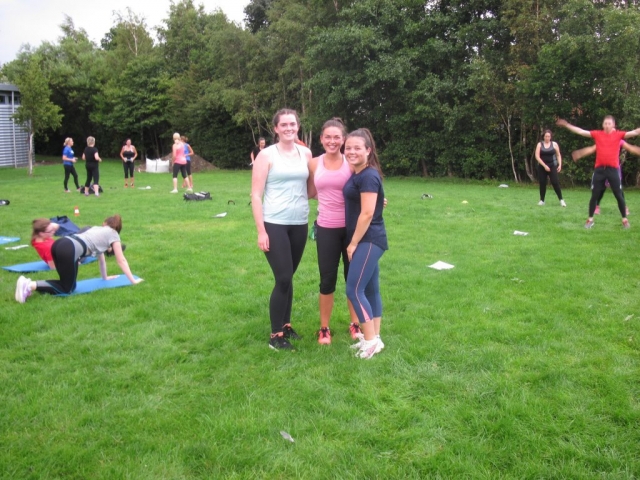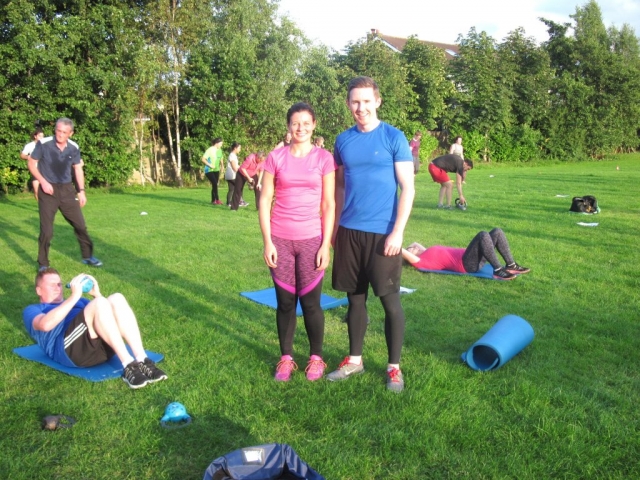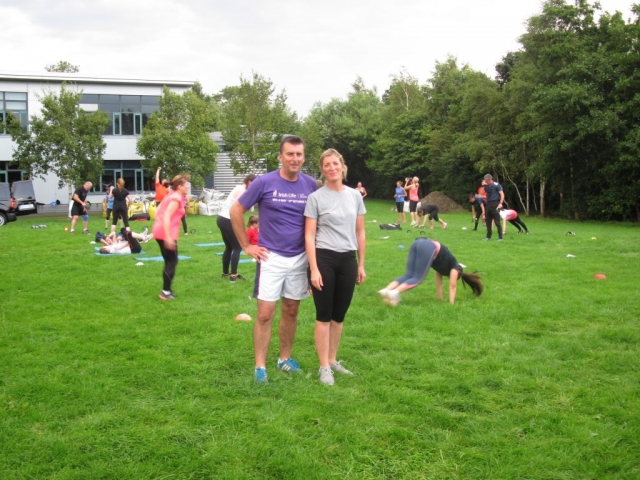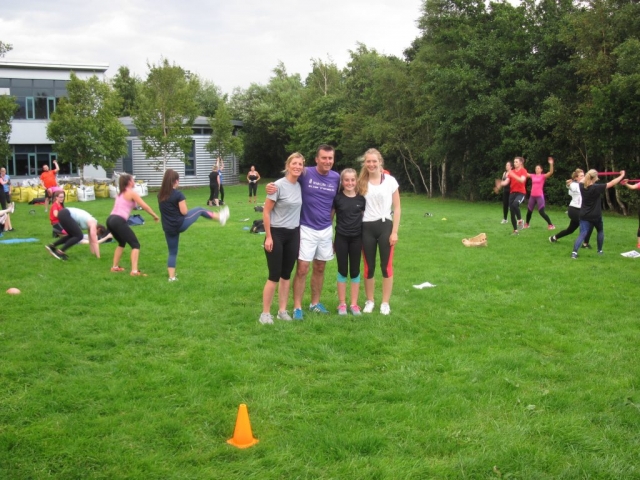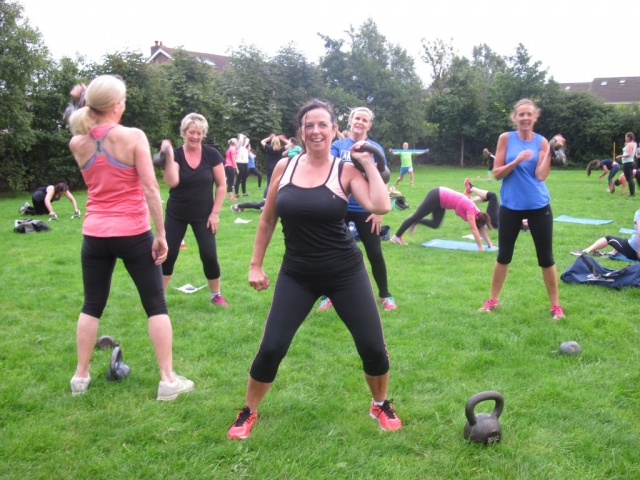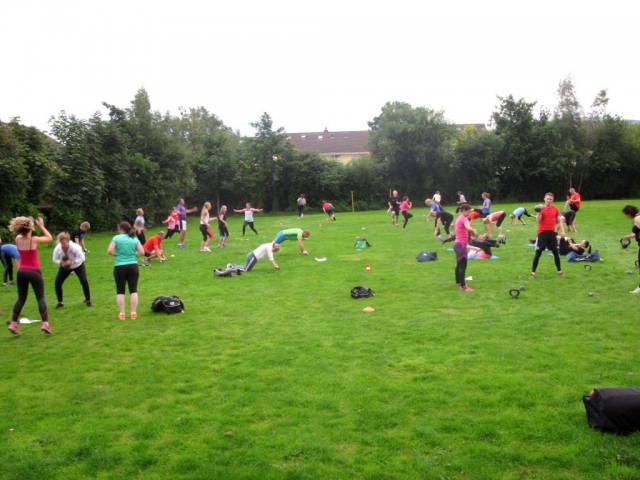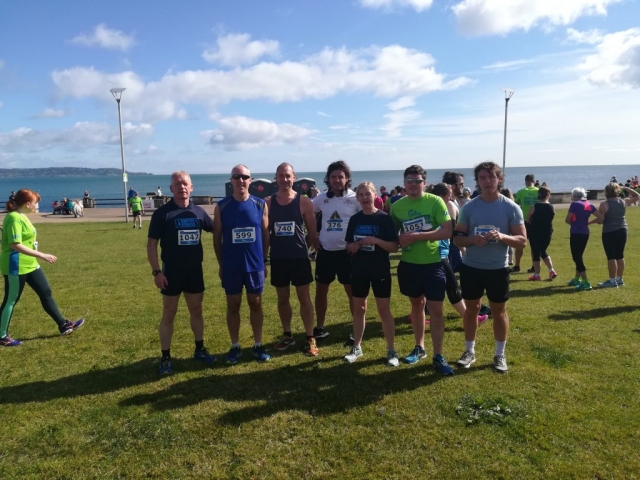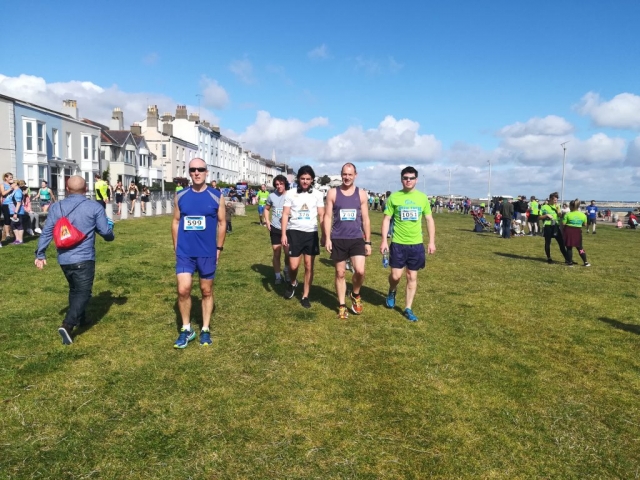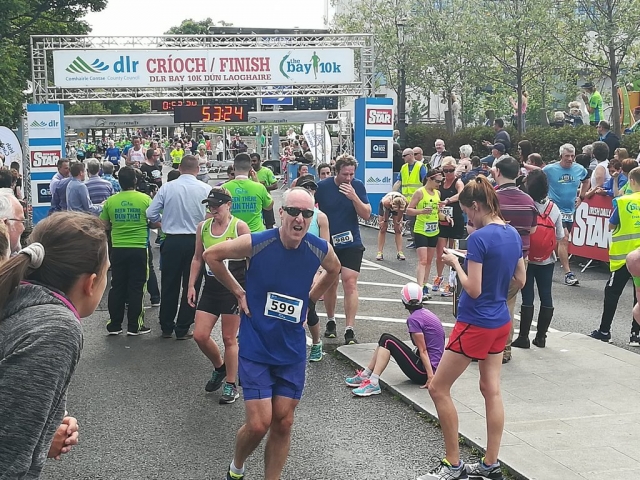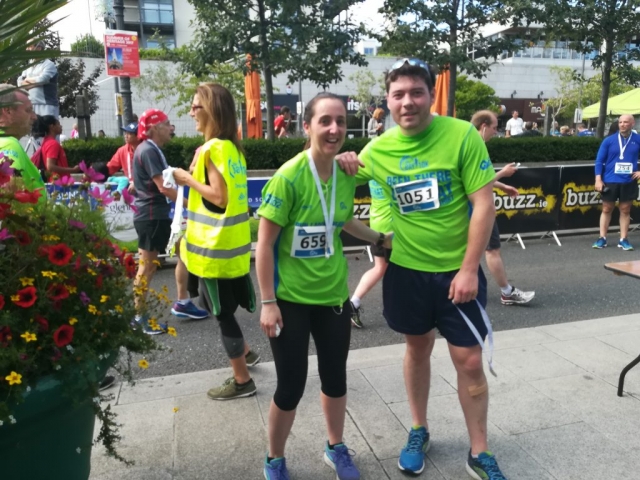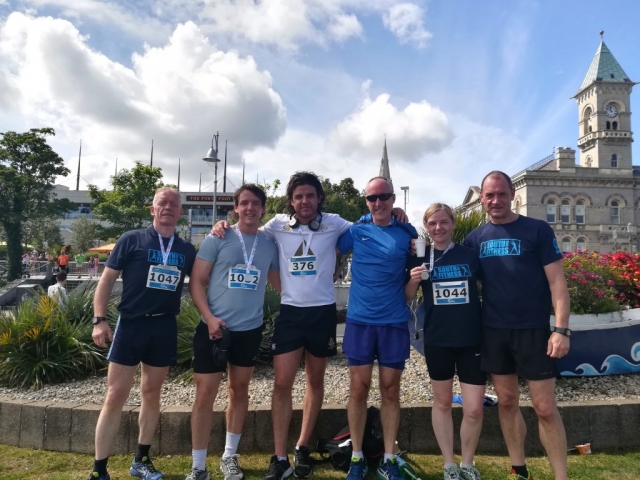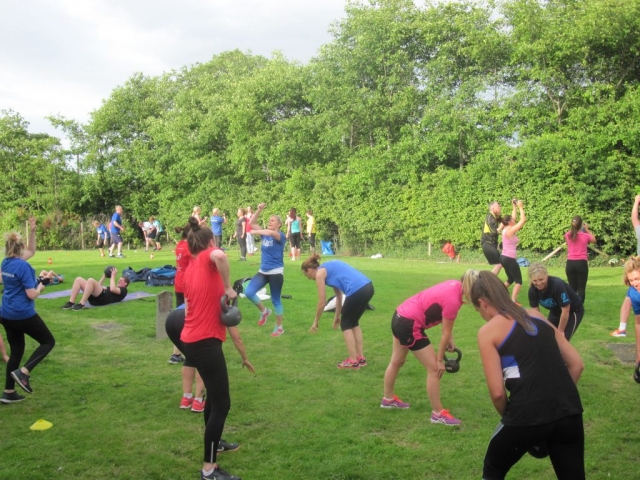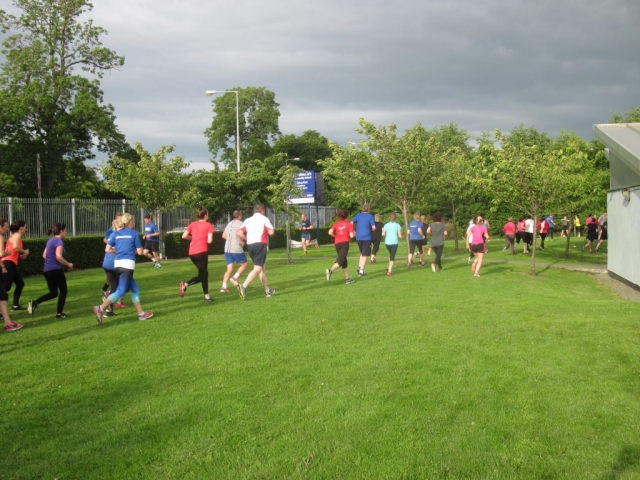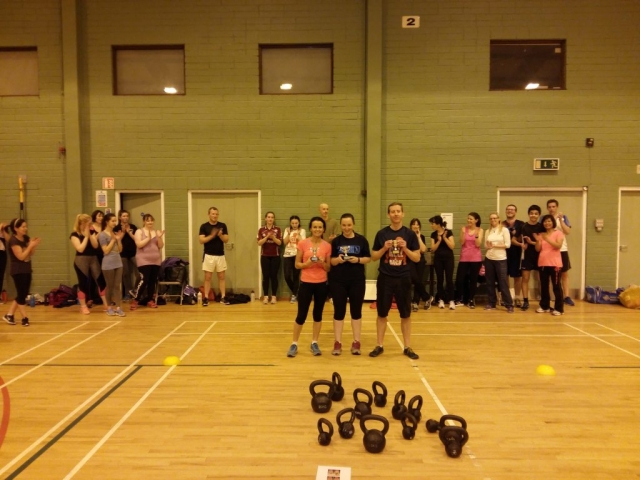MOVEMENT and EXERCISE, from ‘The Wonders of the Human body’.
Excerpt from the ‘The Wonders of the human body’ chapterVI on ‘Movement and Exercise’,by Margaret A Shuttleworth 1931.
Exercise of all kinds has a beneficial effect on the whole body by assisting all its natural functions and making it better able to resist disease. Not only are the muscles made stronger, harder and brought under the control of the nervous system, but the circulation of the blood is stimulated by the contracting muscles pressing on the blood vessels and so forcing the blood onwards. Muscles contain about half the total amount of blood in the whole body.
During exercise the lungs have to work harder in order to supply the necessary amount of oxygen to the working muscles, and in this way they are made more efficient.
Again, as a result of exercise, the skin becomes more active, more perspiration-a waste product-is poured out, and the blood is purified more effectively.
The digestive organs, too, are beneficially affected, for the appetite is stimulated, and a good appetite means that digestion is carried on more easily. The liver, a large organ which is very apt to become sluggish, is enabled to carry out its various functions better as the result of an improvement in the circulation of blood through it.
Thus the whole body is invigorated by exercise, and as the brain works better in a vigorous body, so exercise increases the ease with which mental work is done.
No one can doubt the value of regular exercise in the fresh air, for we all recognise the healthy complexion, the fine physique, the elastic gait, the soundness in wind, and the absence of superfluous fat, which are the results of physical exercise, as contrasted with the dull complexion, the slow, heavy gait, the listless manner, and flabby muscles of those who have not experienced the joys of regular exercise
What has been said about the value of exercise is true of all kinds of exercise, but games, especially team games, in which one side competes against another, play a most important part in the formation of character. They teach us good temper even under the most trying circumstances, the proper spirit in which to take defeat, self control, and, above all, self-sacrifice for the good of the side. Further, they create in us a love of justice and fair play, all qualities without which no one can hope to play rightly, the most important game of all, the great game of life.
